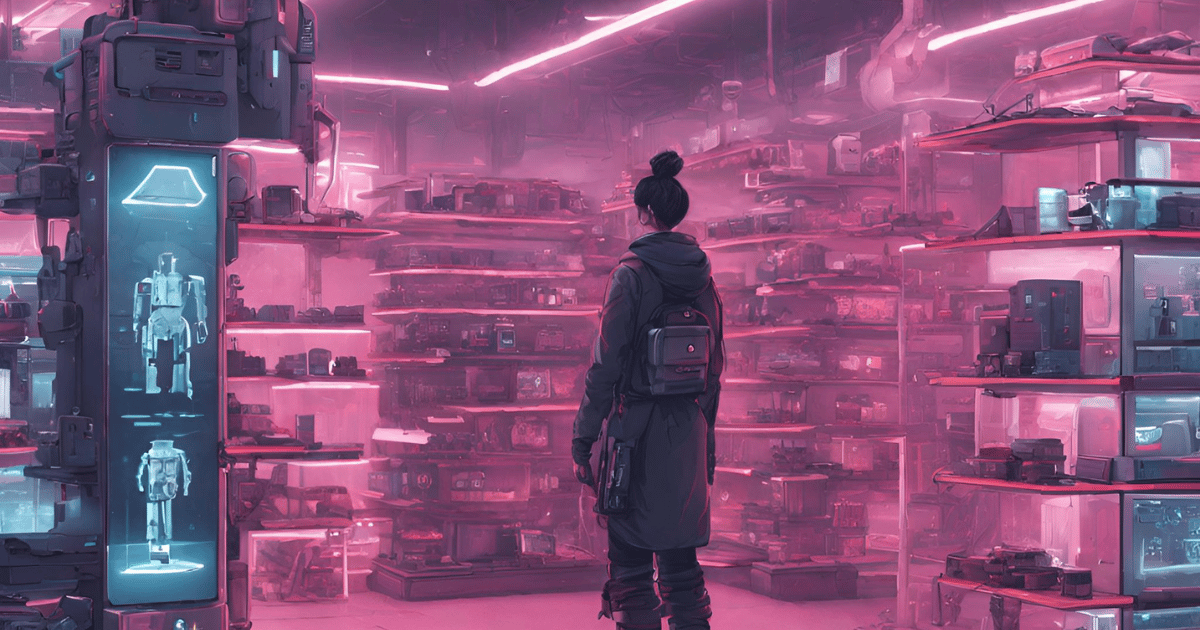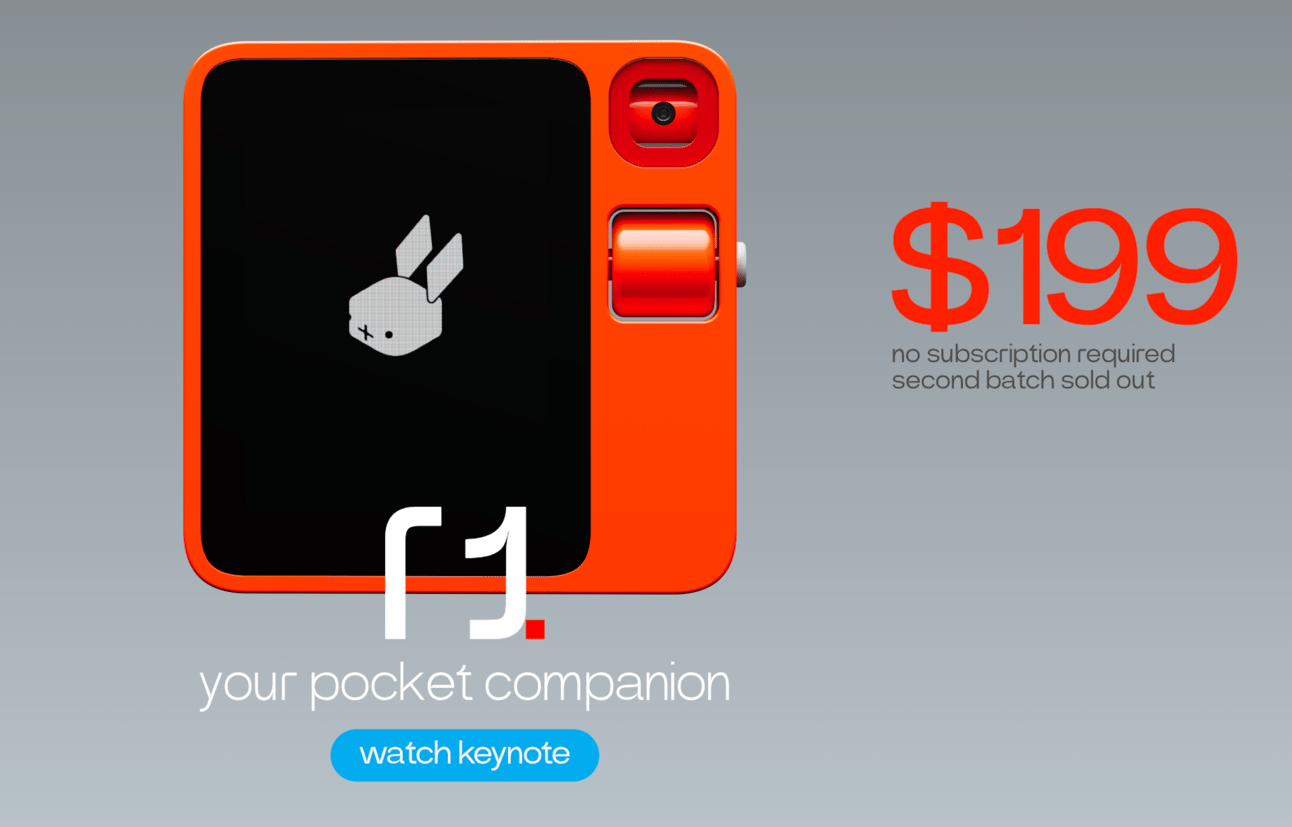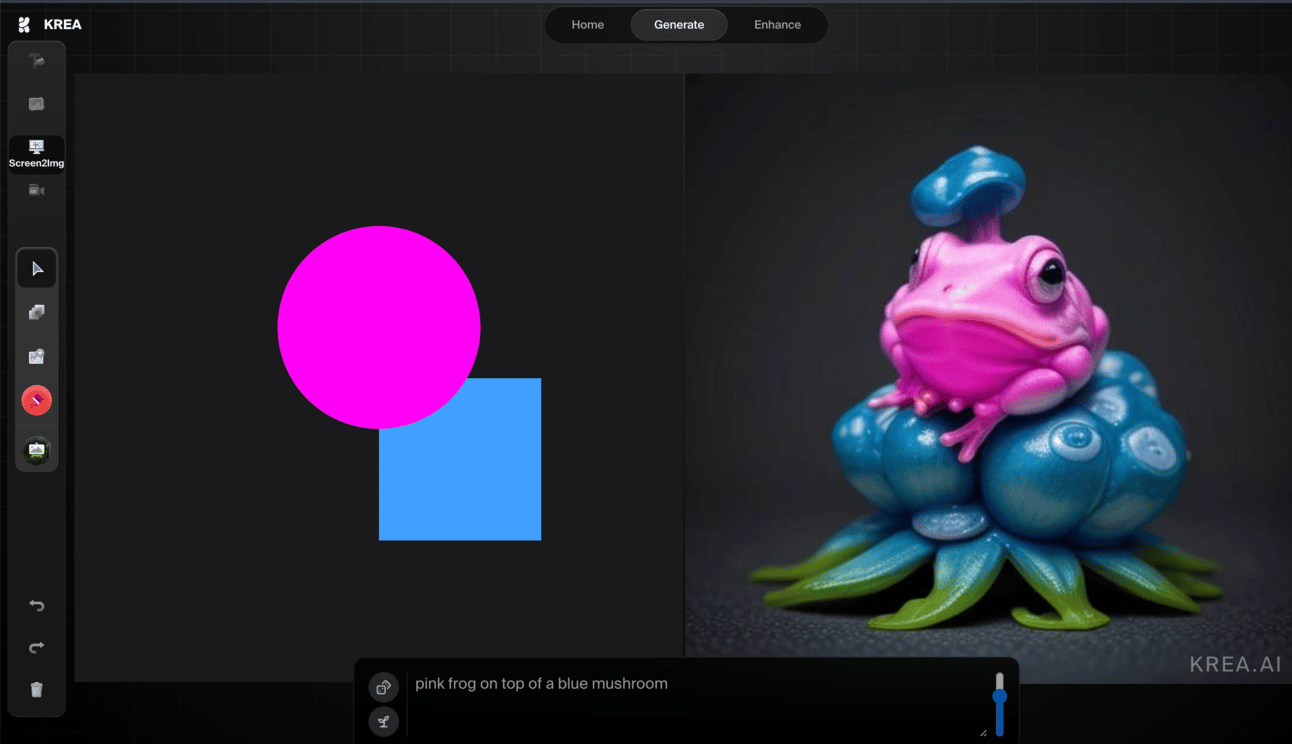- The Intelligence
- Posts
- The Appstore of AI is live 📲 Week 3
The Appstore of AI is live 📲 Week 3

The Appstore of AI is live 📲
Hello everyone,
This week’s newsletter is packed with big updates from the major companies Apple, OpenAi, Google, Amazon and a new company called “Rabbit”.
OpenAi launched their GPT store, is Apple playing catch-up? And what is Rabbit AI?
Let’s dive right into this week’s edition of The Intelligence Newsletter.
Table of contents
OpenAI launched their GPT store and more 📲
Apple is playing catch-up 🍏
🤷♂️ Who and what is Rabbit AI? 🐰
🤔 Creating and enhancing images with a thought 🖍️
Google Cloud 🤝 Generative AI
Amazon Alexa gets an upgrade 🛠️
Updates
OpenAI launched their GPT store and more
The GPT Store is a platform that allows users to find and explore a diverse range of custom versions of ChatGPT, created by partners and the community. It is being rolled out to ChatGPT Plus, Team, and Enterprise users. Key features and highlights of the GPT Store include:
Trending GPTs: The store offers popular and trending GPTs in various categories such as DALL·E, writing, research, programming, education, and lifestyle.
Featured GPTs: Each week, the store highlights useful and impactful GPTs. Some of the first featured GPTs include personalized trail recommendations from AllTrails, search and synthesis of academic papers with Consensus, coding skills expansion with Khan Academy's Code Tutor, design presentations or social posts with Canva, and math and science learning with the CK-12 Flexi AI tutor.
Building Your Own GPT: The platform allows users to create their own GPTs without requiring coding skills. To share a GPT in the store, users need to save their GPT for everyone, verify their builder profile, and ensure compliance with usage policies and GPT brand guidelines.
Review System: To maintain policy adherence, the GPT Store has established a new review system that includes both human and automated reviews, with users also able to report GPTs.
GPT Builder Revenue Program: In Q1, a revenue program for GPT builders will be launched, with US builders initially being paid based on user engagement with their GPTs. Details on payment criteria will be provided closer to the launch date.
Team and Enterprise Access: Team customers have access to a private section of the GPT Store, with enhanced admin controls for choosing how internal-only GPTs are shared and which external GPTs may be used inside a business. The GPT Store will soon be available for ChatGPT Enterprise customers.
In other OpenAI news: as news publishers ink deals with AI companies to train their models with news stories, the price businesses like OpenAI are willing to pay for copyrighted information is coming to light. OpenAI offers between $1 million and $5 million a year to license copyrighted news articles to train its AI models.
Some earlier non-AI licensing deals have offered similar amounts, such as $3 million a year for the now-discontinued Facebook News tab. OpenAI's GPT crawler has been blocked from accessing data by some companies, including The New York Times and Vox Media, due to copyright infringement concerns. Striking partnerships allows AI companies to avoid these issues, and it's become a more common practice over the past year.
Is Apple going to play catch-up soon?
Apple is set to announce a series of generative AI-based tools at its Worldwide Developers Conference (WWDC) in June, including a revamped version of Siri, according to Bloomberg's Mark Gurman. The company has been testing its "Ajax" large language model since early 2023 and is considering using it to add auto-completion and auto-summarizing features to its core apps, as well as its productivity suite including Pages and Keynote. A new version of Xcode will apparently feature AI for code completion. It is also looking at integrating AI into Apple Music to automate playlist creation, in addition using the technology for troubleshooting problems with AppleCare. However, Gurman believes that "the totality of Apple's generative AI vision will take at least into 2025 to fully scale," suggesting that not all planned features will arrive this year, and competitors like Samsung will do everything they can to highlight Apple's current "deficiency" in the AI space in the coming months.
Who and what is Rabbit AI?
Rabbit r1, a pocket AI device that aims to provide a more efficient and convenient way to perform simple tasks without having to use a smartphone. The device is designed to understand natural language commands and carry out tasks such as ordering a car, finding restaurants, or making lodging arrangements. It differentiates itself from traditional AI assistants by using a "large action model" (LAM) that is trained on ordinary user interfaces like websites and apps, allowing it to interact with various services in a more flexible manner. The rabbit r1 is priced at $200 and is designed to be a second device that complements the smartphone, offering a more streamlined and focused experience for certain tasks. The product has raised questions about the device's potential success in the face of competition from major tech companies and the ongoing development of more powerful machine learning agents.
Have a look at their website.

The Rabbit R1 design
🛠️ Tool of the week 🗓️
Krea AI is a breakthrough design tool. This platform enables you to train a personalized AI using your images, tailoring it to your unique style.
It’s particularly effective for concept art, architectural visuals, product photography, and more. Once trained, the AI is capable of producing new images, photographs, designs, and artworks that align with your artistic vision. Additionally, KREA offers a feature that allows you to craft those trendy AI-generated images that incorporate concealed text.
More updates
Google Cloud and Generative AI
Google Cloud has launched several new AI tools for retailers to improve online shopping experiences and other retail operations. Key features of these tools include:
Generative AI-powered chatbot: Retailers can use this chatbot on websites and mobile apps to talk to consumers and offer product recommendations based on shoppers' preferences.
Large language model feature: This feature aims to bolster the quality of product searches and is currently available to select stores, with general availability on its way later this year.
Customer service system enhancement: Google Cloud's AI products also include tools for enhancing retailers' customer service systems.
Product cataloging process expedition: These tools can help retailers expedite their product cataloging processes.
Google Distributed Cloud Edge: This existing hardware and software product provides AI capabilities for brick-and-mortar stores.
These AI tools are part of Google Cloud's efforts to leverage generative AI in the retail industry, following Amazon's debut of an AI tool for sellers in September and the increasing adoption of AI technology by retailers during the holiday shopping season.
Amazon Alexa gets an upgrade
Amazon's Alexa has recently been enhanced with new generative AI-powered experiences, including an AI chatbot platform, an AI music company, and a Voice AI game developer. These experiences allow users to have real-time conversations with different personas, create songs using their voice, and play a generative AI-powered "20 Questions" game. Additionally, Amazon has made various AI-related enhancements to Alexa, such as a new generative AI model to give the virtual assistant a more opinionated personality and the ability to adjust its tone and response to express human emotions like excitement or surprise. The company has also released a kids-focused feature on Echo devices called "Explore with Alexa," where Amazon Kids+ subscribers can have kid-friendly conversations, learn fun facts, and answer trivia questions. Other announcements at CES include bringing Fire TV to Panasonic’s new smart TVs in 2024, Matter Casting support on Fire TV and Echo Show 15 devices, the latest generation of robotaxi Zoox, and more.
